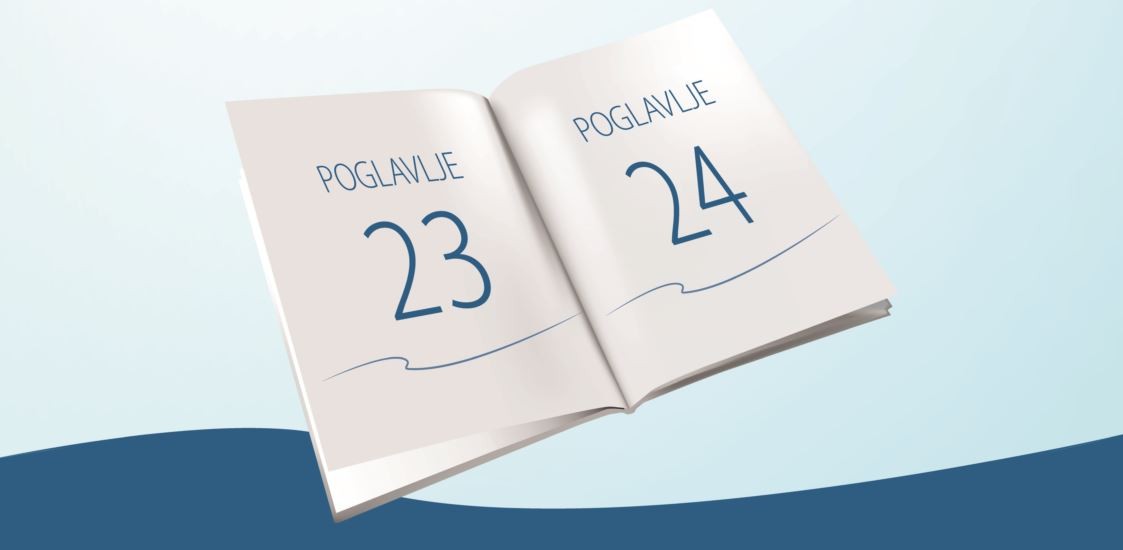This article is an integral part of the Coalition prEUgovor report on progress of Serbia in Chapters 23 and 24 for the period from November 2015 to April 2016.
The newest version of the draft Law on Free Legal Aid, posted on the Ministry of Justice website, is confusing in its articles, because one cannot tell the difference between the procedure/register/sanctions for primary and secondary free legal aid.
The newest version of the draft Law on Free Legal Aid was posted on the Ministry of Justice website, without the possibility for other interested parties to comment on this draft. Also, there are neither minutes from meetings of the Working Group nor an explanation of the proposed legislative solutions. The draft Law is confusing in its articles, because one cannot tell the difference between the procedure/register/sanctions for primary and secondary free legal aid.
No progress has been made with regard to procedural rights for victims
In the Third Draft of Action Plan for Chapter 23, activities regarding aligning Serbia’s laws with the Directive 2012/29/EU on establishing minimum standards on the rights, support and protection of victims of crime are scheduled for the end of 2015 and 2016 (activities 3.7.1.17. and 3.7.1.18.). However, the establishment of victims’ support services only in higher courts and prosecution offices is planned for 2018 (activities 3.7.1.20. and 3.7.1.21.), omitting to assess that the majority of victims in need of these services are in basic courts and prosecution offices. Even though the Autonomous Women’s Centre commented this activity in the First Draft of Action Plan for Chapter 23, the arguments were not accepted by the Ministry of Justice.
The positive action on behalf of the Ministry of Justice is the realisation that the Special Protocol in Cases of Violence against Women is not being implemented, nor do professionals in the judiciary know about its existence, and thus the activity of printing and distributing this Protocol was set in the Third Draft of Action Plan for Chapter 23 (activity 3.7.1.25.).
The cases in which the Autonomous Women’s Centre provides free legal aid show the following patterns/attrition in violence against women (VAW) cases:
- The Higher Prosecution Office in Valjevo, only two months after receiving a criminal complaint for spousal rape and domestic violence that lasted for more than 16 years,[1] decided not to prosecute, without interviewing the victim or gathering the proposed evidence;
- The Prosecution Office in Belgrade initiated a criminal investigation against a victim of spousal rape, who filed a constitutional claim because the perpetrator had been acquitted, for the criminal act of false accusation,[2] even though in that same prosecution office there are at least three criminal cases of domestic violence against the same perpetrator that are still in the investigation phase;
- Civil cases for the issuance of protection measures in Belgrade courts last for more than a year in the first instance, although in some of these cases the protection measure in the form of a preliminary measure is issued during proceedings. The situation is completely different when it comes to the Court in Novi Sad (proceedings are faster and protection measures in the form of preliminary measures are rarely issued), but the Ministry of Justice or High Judicial Council are not monitoring this difference in the protection of victims;
- Appeal courts in Serbia have different judicial opinions when it comes to civil suits for protection measures filed by welfare services for the protection of victims. Two appeal courts (in Niš and Kragujevac) request that the first instance judges in these cases seek opinion from the social service in a different town or this judgement will be annulled. This practice causes additional secondary victimisation of victims that have to undergo the same procedure before another social service once again and incur additional travel expenses, which prolongs the issuance of protection measures. Cases like this do not come before the Supreme Court because of fund restrictions for social services and the lack of knowledge to appeal.
Recommendations:
- Conduct the new, public and transparent procedure of nomination of candidates for the new Commissioner for the Protection of Equality.
- Change the members of the Coordination Body for Gender Equality so that it has at least 30% of women members.
- Speed up the harmonisation of laws with the CoE Convention on Preventing and Combating Violence against Women (VAW) and Domestic Violence, by adopting emergency orders, amending criminal and civil legislation, establishing services and special rooms for victims in prosecution offices and courts, creating a relevant administrative database of all cases of VAW.
- Monitor attrition in child abuse and VAW cases, in order to prevent cases of infanticides and femicides.
- Revise the latest draft of the Law on Free Legal Aid in order to avoid future problems in implementation, by clearly distinguishing the procedure for achieving primary from secondary free legal aid, and the obligations for users and providers in both types of legal aid.

